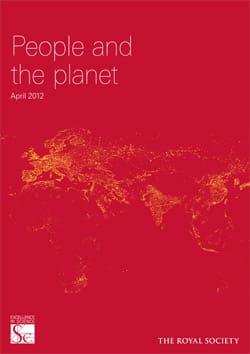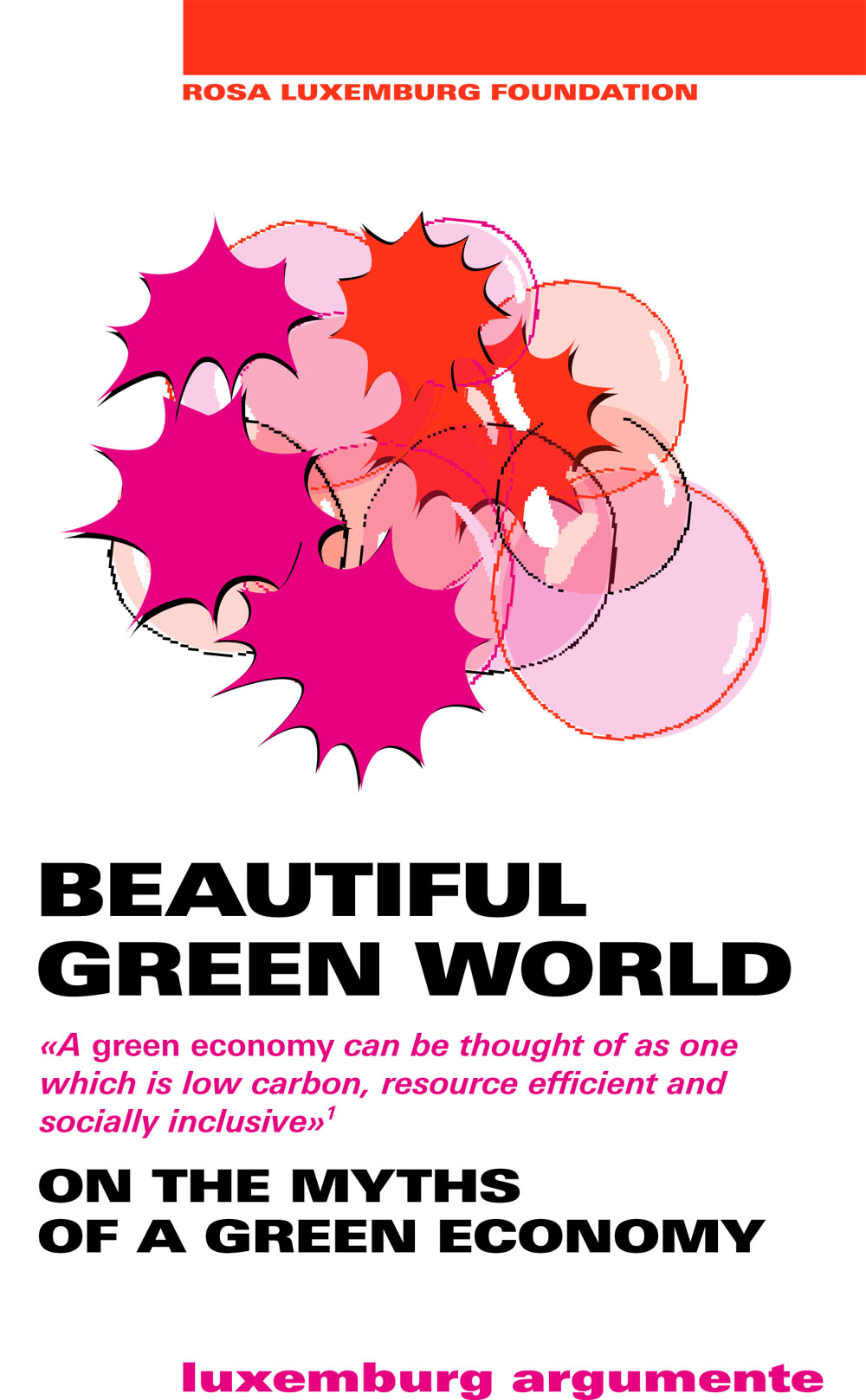environment
Video: Class and climate catastrophe in the Philippines
August 30, 2012 -- GreenLeftTV/Links International Journal of Socialist Renewal -- Sonny Melencio, chairperson of the Partido Lakas ng Masa (Party of the Labouring masses), reflects on the politics of class and catastrophic climate change in the wake of the 2012 Manila floods. Interview by Peter Boyle.
Ian Angus: The return of the population bombers

Earth Day 1970 poster. People are the enemy.
Israel’s environmental colonialism and eco-apartheid

The construction of Israel’s mammoth apartheid wall has separated Palest
Video: 'The Story of Change' -- Can shopping save the world? (with script)
South Africa: Who will surf the protest wave?

Johannesburg's Orange Farm revolts against local elites.
By Patrick Bond
July 17, 2012 -- Links International Journal of Socialist Renewal -- The recent surge of unconnected community protests across South Africa confirms the country’s profound social, economic and environmental contradictions. But if activists fall before a new hail of police bullets, or if they lack an overarching, unifying political strategy, won’t their demonstrations simply pop up and quickly fall back down again – deserving the curse words "popcorn protests" – as they simply run out of steam, or worse, get channelled by opportunists into a new round of xenophobic attacks?
It’s been a hot winter, and we’re just halfway through July (the Centre for Civil Society’s Social Protest Observatory keeps tabs at http://ccs.ukzn.ac.za). Consider evidence from just the past two weeks, for example, in Johannesburg’s distant Orange Farm township south of Soweto, where residents rose up against city councillors and national electricity officials because of the unaffordable $250 installation charged for hated pre-payment (i.e. self-disconnection) meters, not to mention a 130% increase in electricity prices.
Video: Stop the financialisation of nature!
NO REDD+! in Rio+20: A declaration to decolonise the earth and the sky

“Against Amazonian Genocide.
Climate Connections, June 18, 2012 -- What’s wrong with the green economy?: Joanna Cabello of Carbon Trade Watch at Rio+20.
For more coverage of the Rio+20, click HERE.
By Patrick Bond, Rio de Janeiro
June 18, 2012 -- Links International Journal of Socialist Renewal, a version of this article also appeared at Climate and Capitalism -- Given the worsening world economic crisis, the turn to "Green Economy" rhetoric looms as a potential saviour for footloose financial capital, and is also enormously welcome to those corporations panicking at market chaos in the topsy turvy fossil-fuel, water, infrastructure construction, technology and agriculture sectors.
On the other hand, for everyone else, the Rio+20 Earth Summit underway this week in Brazil, devoted to advancing Green Economy policies and projects, appears as an overall disaster zone for the people and planet.

Rio de Janeiro, June 14, 2012 -- La Via Campesina -- About 3000 people from around the world will mobilise to say NO to the commodification of life and nature at the "Peoples Summit for Social and Environmental Justice and in Defense of the Commons", the parallel opposition activity to the UN Conference on Sustainable Development or Rio+20.
The peoples' summit is a space for discussion, debate and construction of alternative proposals by the global civil society, social movements and peoples collective organisations. La Via Campesina -- the international organisation of small farmers -- has been actively participating in the construction of this activity in order to denounce the false solutions of the same failed economic model that are now being dressed in green under the name “green economy”. La Via Campesina is instead promoting peasants' sustainable agriculture as a true solution to the global climatic and environmental crises.
Royal Society’s tunnel vision on population and poverty

People and the Planet
Royal Society Science Policy Centre Report
April 2012
Review by Ian Angus
May 23, 2012 -- Climate and Capitalism, posted at Links International Journal of Socialist Renewal with the Ian Angus' permission -- The radical ecologist Murray Bookchin once compared populationism to a phoenix, the mythical bird that periodically burns up and is reborn from its own ashes. No matter how often the “too many people” argument is refuted, it always returns, making the same claim that people are breeding too much and consuming too much, devouring the Earth like a plague of locusts.[1]

